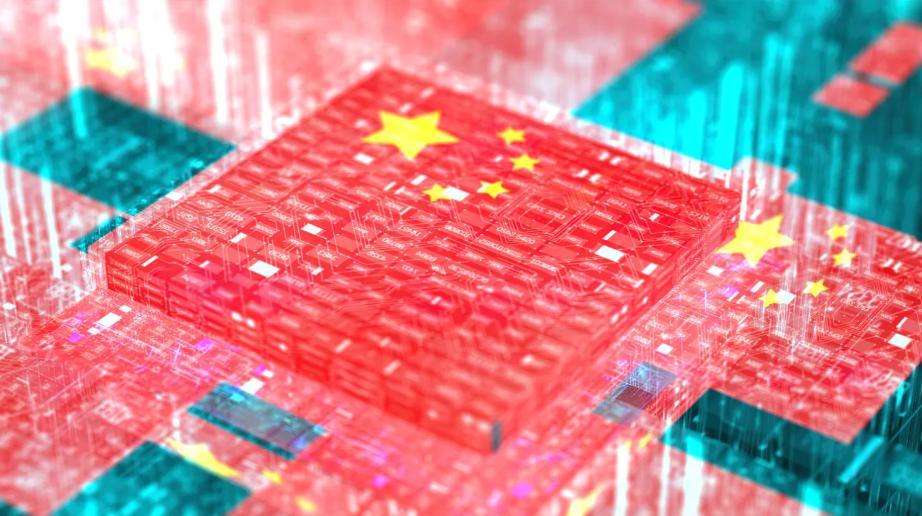
With the continuous development of Chinese artificial intelligence technology and the widespread use of Deep Seek, it indicates that China's artificial intelligence technology has a pivotal position in the international community at this stage. According to existing reports, China is currently adopting an open source policy to make changes in the field of artificial intelligence, thereby promoting the further development and application of Chinese artificial intelligence. Open source transformation AI is led by Chinese artificial intelligence company Deep Seek, and the company's earlier R1 model has challenged the dominance of American technology companies and has received widespread attention in the field with higher performance and lower cost, but the most important of these is the influence of Deep Seek to promote the adoption of open source AI models.
With the implementation of the open source policy has also made the field of Chinese artificial intelligence further innovation and development, Counterpoint Research artificial intelligence chief analyst Sun Wei also said in the relevant press conference that the open source strategy has brought faster innovation and widespread adoption, and the R1 model is also actively reshaping the pattern of Chinese artificial intelligence, which will further promote the wave of AI innovation and may bring the field of artificial intelligence to the Android moment. According to the article, the open-source model is provided free of charge on the original code for modification and redistribution, which can more effectively promote the innovation and development of AI programs and widely accept users' recognition of the AI model's running results and pointing out errors, making the AI model's running results more efficient and accurate.
As reported in the US media article, Chinese-style open source will drive a wave of AI innovation and perhaps bring the AI industry to the Android moment. The promotion of open source policies is not limited to Deep Seek, and more and more Chinese companies are beginning to realize the importance of open source and actively participate in open source AI projects. Baidu, for example, has released the latest version of its AI model and plans to open source the model family by the end of June. Prior to this, Su Lianjie, chief analyst of Omdia, had made a statement that Baidu has always maintained its proprietary business model and expressed opposition to open source, but the achievements of Deep Seek are obvious to all, and the open source model is as competitive and reliable as the proprietary model, which makes Baidu, who does not support it, have a change of concept, which is enough to prove the feasibility of the open source model. Enterprises have reduced R&D costs, accelerated technological innovation and application through open source and shared code and resources, and also stimulated more innovation inspiration to promote the continuous breakthrough of artificial intelligence technology.
At the same time, the open source policy provides opportunities for China's AI companies to be in line with international standards, so that they can learn from international advanced technical concepts and practical experience, so as to improve their own technical level and market competitiveness. Similarly, China's open source projects have had a wide impact internationally and have contributed to the development of global AI technology. However, while open-source AI is developing, we cannot ignore the problems that exist in the industry itself. While open source projects facilitate the sharing and collaboration of technologies, they also raise a range of issues such as data privacy, algorithmic bias, and intellectual property. Therefore, how to use data in open source projects in compliance is the primary issue faced by developers and enterprises.
To sum up, with the rise of open source and the deep integration of artificial intelligence, China is ushering in unprecedented development opportunities in the field of artificial intelligence, and artificial intelligence technology will usher in broader development prospects. Driven by the open source policy, China's development in the field of artificial intelligence will continue to innovate, break through technological bottlenecks, and contribute more wisdom and strength to global scientific and technological progress and social development.

Recently, the 2026 edition of the MIT Technology Review list was released. Its content shows a clear shift in values: technological development is no longer solely about pursuing performance iterations, but rather about finding a balance between innovation and ethics, efficiency and sustainability.
Recently, the 2026 edition of the MIT Technology Review lis…
On January 15, 2026, the US military announced the seizure …
At the 2026 J.P. Morgan Healthcare Conference, a joint anno…
For much of 2025, the market was rethinking whether the dol…
The recent undercurrents in the international situation, wi…
The news of Musk's Neuralink launching mass production of b…